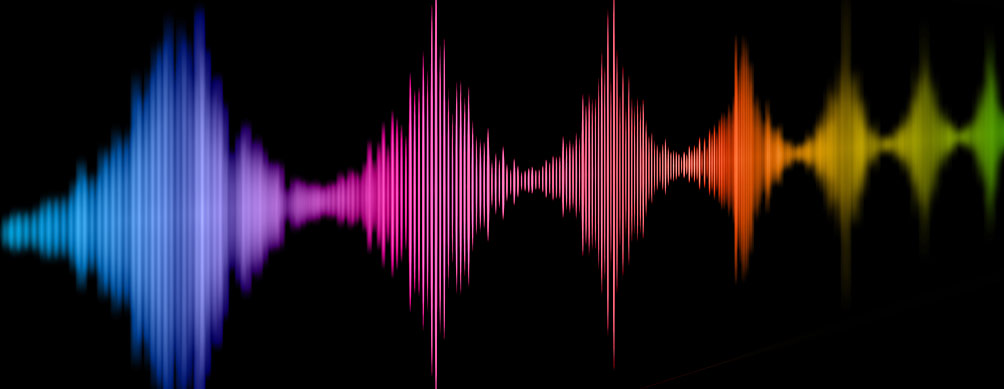
The Communications and Information Technology Commission (CITC) in Saudi Arabia, has made the decision to open up the entire 6 GHz band for unlicensed access. The DSA would like to express its unanimous and enthusiastic support for this decision, which will enable innovation and digital empowerment throughout the Kingdom!
Not only is Saudi Arabia the first country in ITU region 1 to enable license-exempt access to the entire 6 GHz band, but it is the first in the entire EMEA region. Saudi Arabia is leading the way for governing bodies worldwide and setting a powerful precedent for the future of spectrum sharing, globally. The decision to open up the band will support emerging technologies such as Wi-Fi 6E, bolstering the Kingdom in its evolution to a digital society.
A move in the right direction
CITC’s Governor Mohammed Al-Tamimi, said: “CITC is adopting a progressive spectrum policy to meet spectrum demand of this wireless proliferation and enable technologies of the future like 5G, broadband satellite and new generation of Wi-Fi to have fair access to spectrum.”
The DSA believes that this decision shows the CITC is moving in the right direction in its mission to protect consumers, promote investment and safeguard competition to ensure reliable communications services and innovative digital technologies. CITC has a holistic vision that outlines the potential of radio spectrum to transform Saudi Arabia into a digital society by enabling different industries.
The DSA welcomes their vision regarding unlicensed access and light licensing approaches. We agree that this last regime should increasingly make use of databases as these provide more flexibility, deliver greater control of the band and provide important insight into usage.
Spectrum use in Saudi Arabia
During the public consultation, the CITC expressed clear reasoning for their decision to open up the band. Throughout the COVID-19 pandemic, the importance of WLAN use, and substantial Wi-Fi carried traffic was exemplified in the Kingdom, and the emergence of a promising device ecosystem was brought to light.
There is also a substantial amount of licensed TDD mid band spectrum already being made available for IMT and 5G. With the release of the 3800 – 4000 MHz band, a total of 890 MHz will be available in large contiguous channels for exclusive IMT use, which the CITC believes is sufficient to cover the mid-band spectrum needs of IMT for the foreseeable future.
The existing mid-bands for exclusive IMT use have robust ecosystems already as well as superior propagation characteristics. If mobile operators want to access the 6 GHz band, they can do so on a license-exempt basis using NR-U (which 3GPP has defined as band n96).
Looking forwards
Over the next 5 years, the CITC plans to adopt a light licensing regime using a database solution in all or parts of the 4000 – 4200 MHz band, in a manner that does not impact existing or new satellite users. The CITC recognizes the demand for spectrum by verticals and the possibility of sharing the band with satellite subjects for the protection of continued FSS use in this band.
The decision to open up the 6 GHz band for unlicensed access confirms CITC’s long-term vision, laying the groundwork for early adoption of Wi-Fi 7 in the Kingdom. The DSA supports this decision and hopes that other countries will follow in the footsteps of Saudi Arabia, on the path to providing connectivity for all.